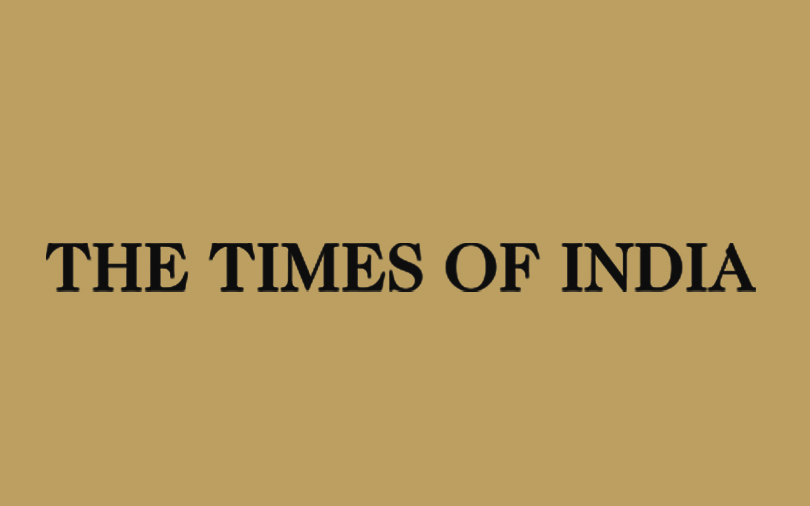Six Consumption Themes That Nikhil Vora Is Betting On
Alpha Moguls: How To Play The Great Indian Consumption Story? Here’s Nikhil Vora’s Take
Investing in consumption-based companies is all about betting on leaders of tomorrow today. That is Nikhil Vora’s investment philosophy.
The founder of consumer sector-focussed venture capital firm Sixth Sense Ventures said that if a consumer business is good, it will need funding only twice. First, at the seed stage, and second, at the growth stage.
If any business requires capital a third time around, then it is not a consumption-based business. “That’s a certainty I can guarantee,” said Vora, who was an early stage investor in companies like Paytm, Vini Cosmetics Pvt., Parag Milk Foods Ltd.
Better Vice!
From an Indian investor’s perspective, liquor is a better vice to bet on than cigarettes, Vora said on the latest episode of BloombergQuint’s special series Alpha Moguls. Globally, liquor businesses trade at higher multiples than cigarette companies. In India, it is the other way round, he explained.
In the beauty market, the TG is very different to the TG of Amazon, Flipkart or Paytm. So, that category will become relevant. We have very few players like Nykaa, Purple which are dominant players in that category. They will also become valuable. These platforms will become brands and they will have their own parameters. Every brand has its life cycle and the next-generation will not want to own brands which the earlier generations use to wear. The moment you move off from theoretically a Titan, the only way is to go up, which is to wear a Swiss watch which makes Ethos a very relevant player in that category because they are the largest distributors of Swiss watches in the country. So, you will see the evolution happen. It could be offline or online but there will be a great surge for vertical specialists who have TG market which is only theirs to become relevant, dominant and valuable.





